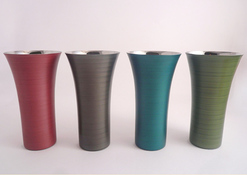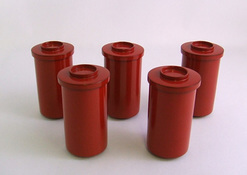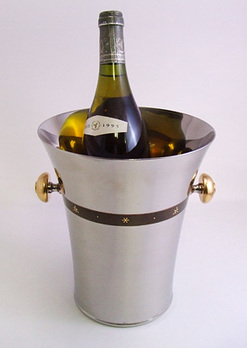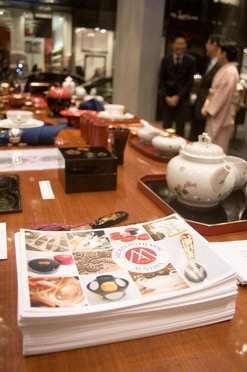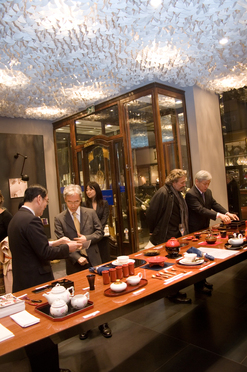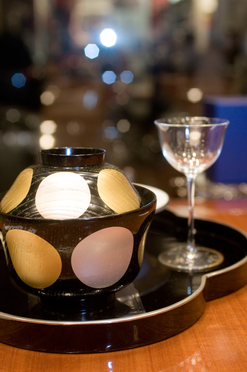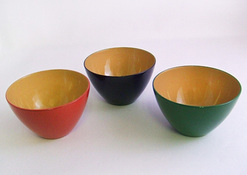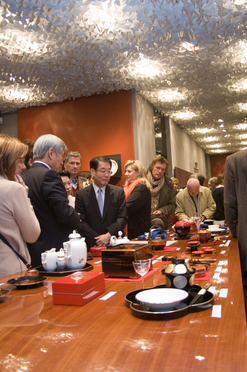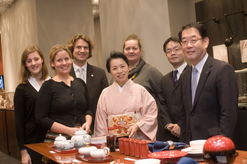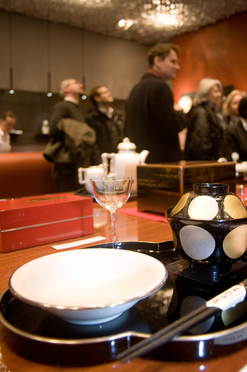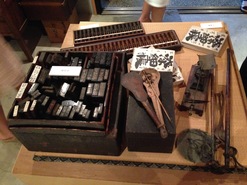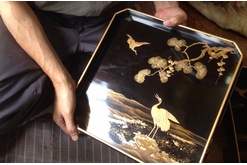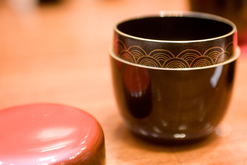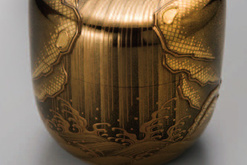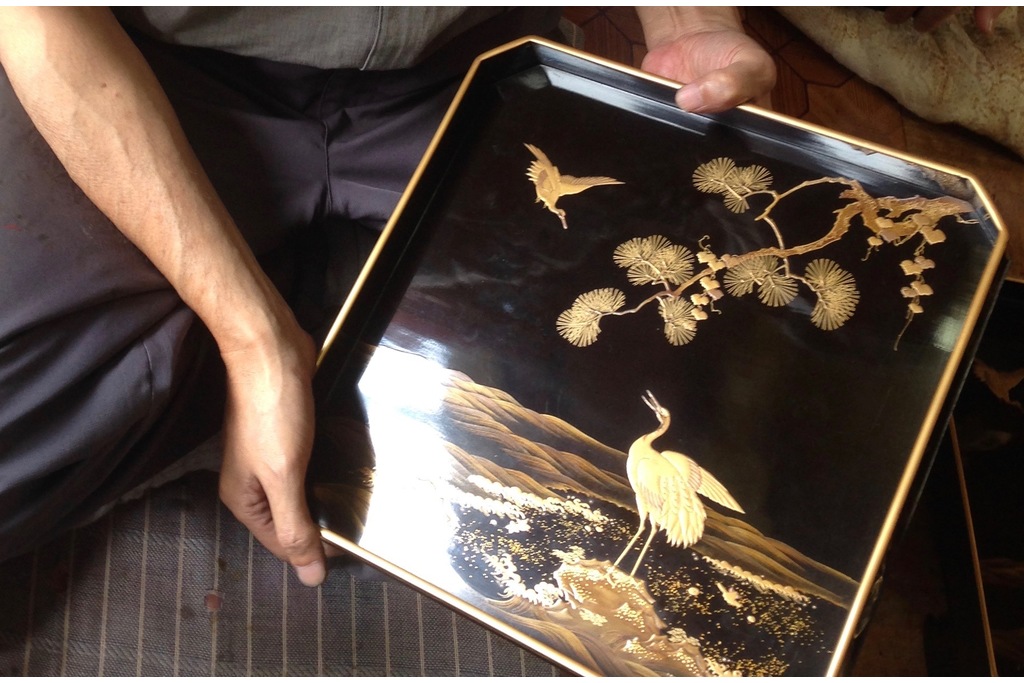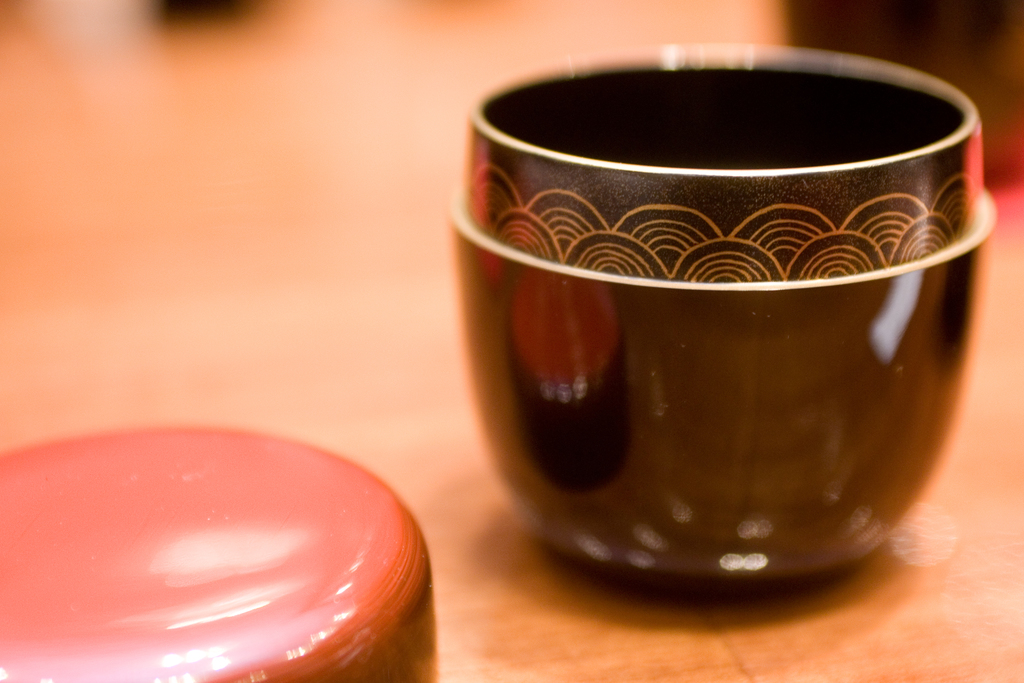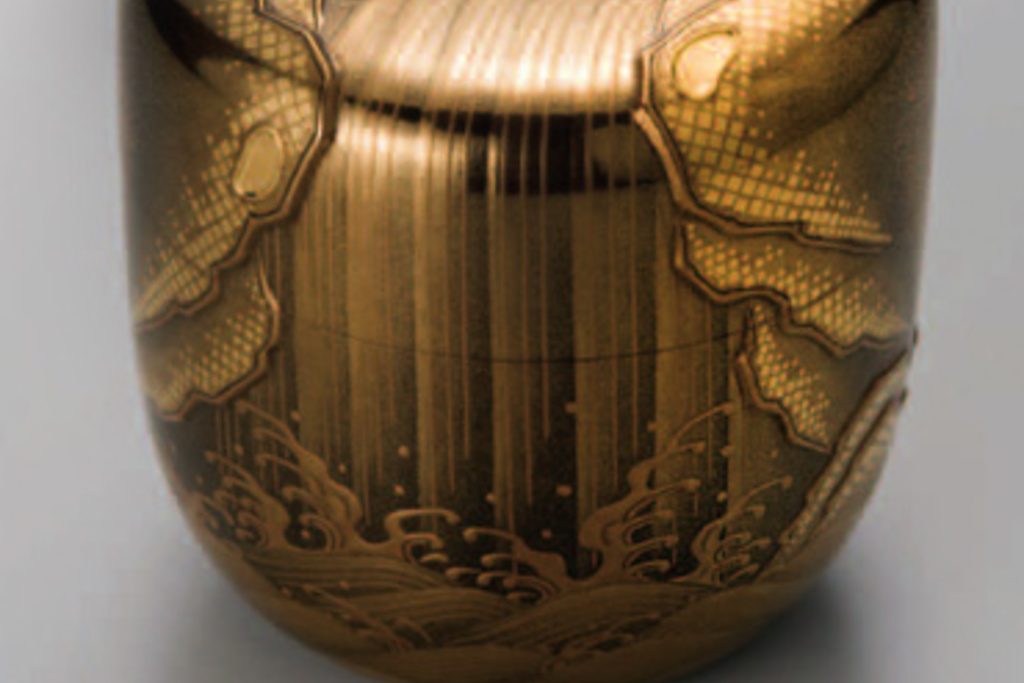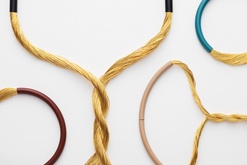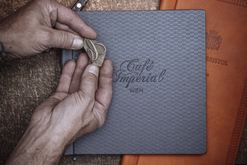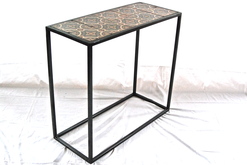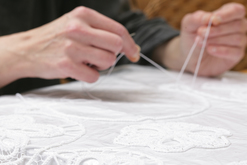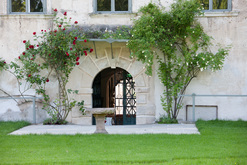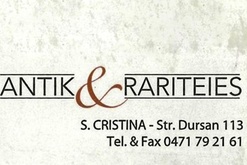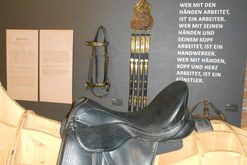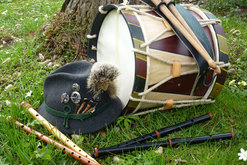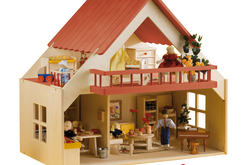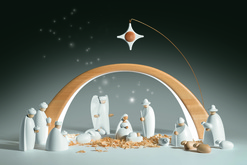Japan
The lacquerware Shop, NOSAKU, is located in downtown Kanazawa with Kenrokuen Garden nearby.
The history of NOSAKU can be traced back to l780 (the 9th year of Annei of Edo Period), when the first shopkeeper began to deal with lacquer for artisans of ornaments for Buddhist altars.
At present, the 7th shopkeeper tries to keep the tradition by getting more people worldwide to appreciate lacquerware and Japanese culture, such as tea ceremonies and Noh Plays.
Kanazawa Lacquerware
Urushi ware is an example of Japanese art techniques. Kanazawa ware is of an especially high class and is traditionally painted with gold dust. In the early 17th century, the Maeda lords invited famous craftman Igarashi Doho from Kyoto to introduce his exquisite painting techniques to local artisans. The result was Kaga Maki-e, a fine raised lacquer design used on various articles like trays, jewelry boxes, tea utensils, ornaments and other household goods.
(from introducing KANAZAWA, Japan)
Process of Making Lacquerware
Only cypress wood is used in the best quality of lacquerware, and the foundation will never warp, contract nor shrink in wood grain. The joints of the base are carved out and filled with a mixture of finely cut hemp, flour and lacquer juice to hold the joints. Lacquer is tapped from lacquer trees much like rubber from rubber trees.
Maki‐e
Maki-e is a process of painting with gold, silver, and mother-of-pearl on the surface of lacquerware. Kaga Maki-e developed not as a local industry but as an art patronized by provincial lords. Therefore, it has never been mass produced; each piece is delicately handcrafted and unique. Kaga Maki-e is artwork esteemed for its high degree of refinement and beauty.
Image gallery
